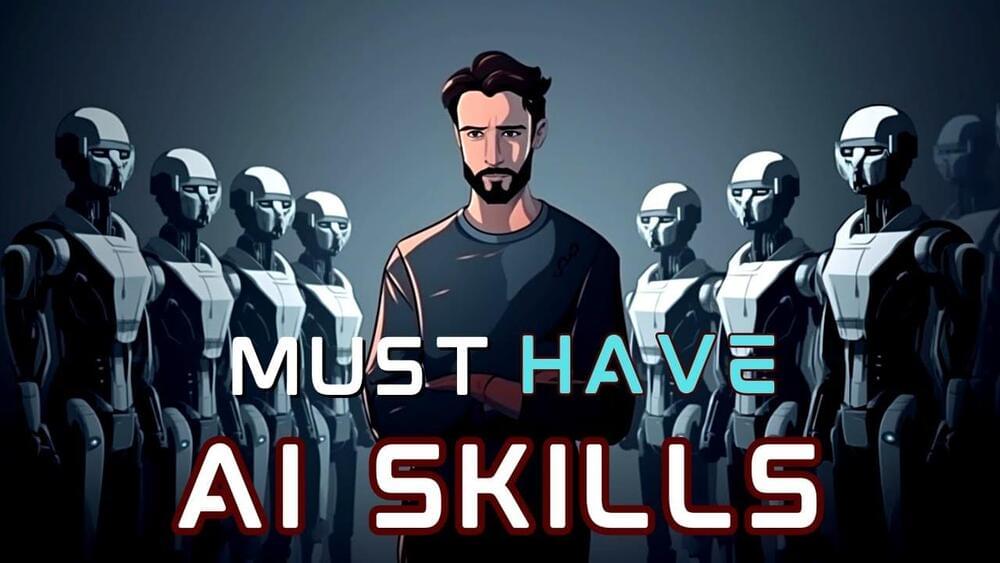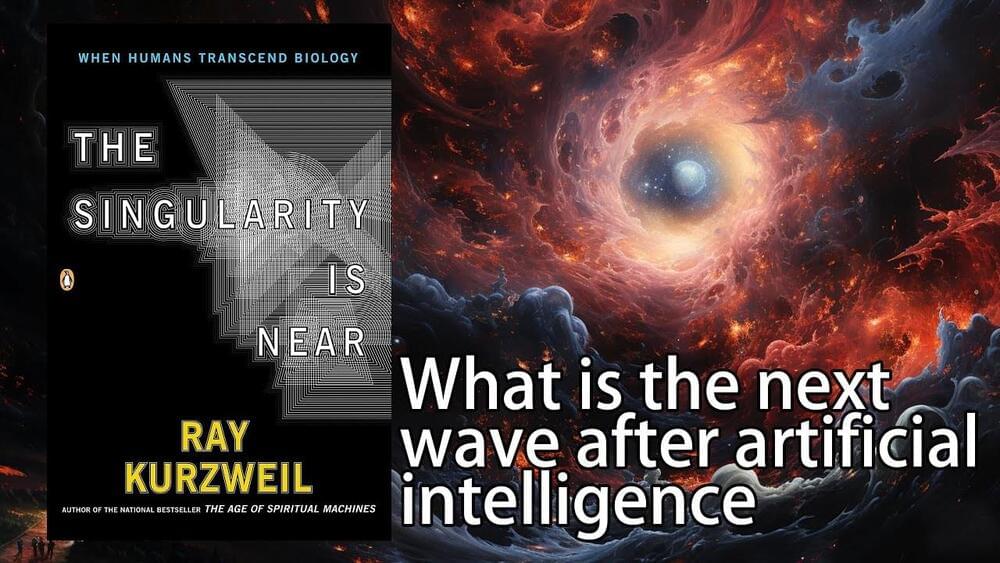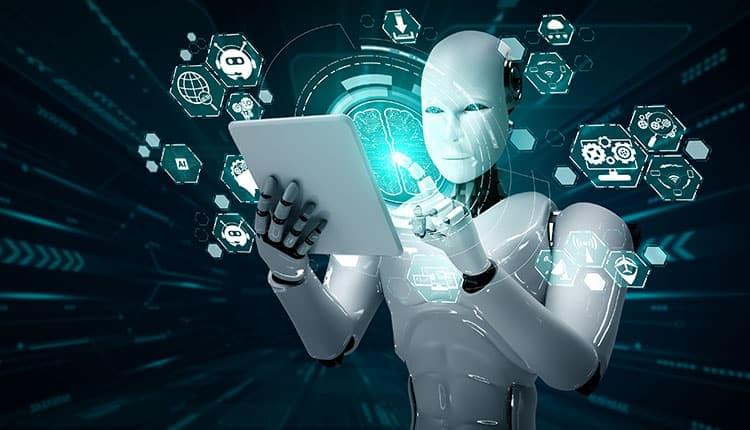Aug 31, 2023
A Sustainable Strategy to Create Eco-friendlier Datacenters
Posted by Shubham Ghosh Roy in categories: climatology, information science, robotics/AI, sustainability
In an era of growing digitalisation, data centers have emerged as the fundamental support of our technological framework. However, worries persist over the ecological effects due to their swift growth and power-demanding activities. These data centers rank among the planet’s most energy-intensive establishments, drawing substantial electricity to fuel servers, cooling mechanisms, and auxiliary apparatus vital for their operations. Such elevated energy usage significantly affects the environment by adding to greenhouse gas discharges and ushering climate change.
The AI Power Consumption Challenge
The growing surge of AI (Artificial Intelligence) in recent years has been a remarkable and transformative phenomenon. However, AI models and algorithms are highly resource-intensive and consume significant amounts of power. Training AI models involve massive computational workloads, often requiring specialised hardware accelerators like GPUs, which consume substantial energy. This power consumption is a major concern when it comes to making data centers greener.





 עברית (Hebrew)
עברית (Hebrew)











